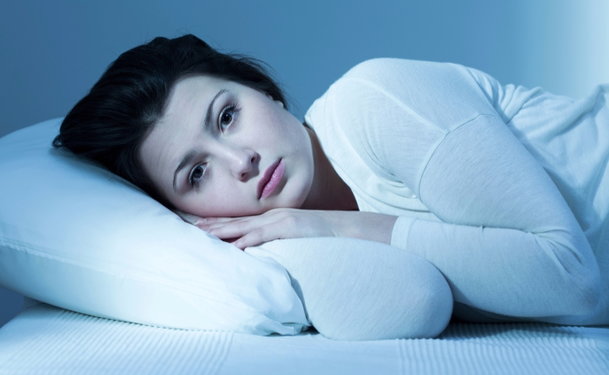Women Sleep
Getting enough sleep is important for general well being, but as women often tackle multiple responsibilities, including home, work and family, sleep is important as it affects social interaction, concentration and job performance.
Women Sleep Problems
All age women experience troubled sleep. Women face a host of health issues when they lack proper sleep.
Insufficient and/or irregular sleep habits will lead to strain, heart problems, weight issues and even car accidents. Moreover, women are more possible than men to have trouble falling and staying asleep and to experience more daytime sleepiness.
Most young women often deal sleep for a fast-paced lifestyle, which leads to sleep disorders, including insomnia, tiredness and too much daytime sleepiness. As women age, physical, emotional and hormonal changes, including lessened deep sleep and depression, influence sleep.
The rise and fall of hormone levels each month - and especially the major changes that occur during pregnancy and menopause - can create special women sleep problems.
Women Sleep Problems During Menstrual Cycle
Changes in sleep occurs due to menstrual cycle, and women, as a result, experience sleep disorders. Practitioners suggest women should maintain a regular sleep/wake schedule, eat a healthy diet and reduce stress to lessen the discomfort caused by the sleep disorders.
Women Sleep Problems During Pregnancy
During pregnancy, the sleeping patterns of most women change. An increase in the hormone progesterone causes sleep problems, including daytime tiredness and the need for extended periods of nighttime sleep.
Later in pregnancy, women often experience a decrease in the amount of slow-wave sleep and an increase in the number of awakenings.
While occasional sleep disturbances are common and do not need medical attention, women with more severe sleep problems should consult a health care professional to receive a diagnosis and learn treatment options.
Causes Of Women Sleep Problems
- Work- and/or family-related stress
Women will be under stress as they work outside the home and at home i.e., she has to tackle multiple responsibilities
- Divorced and Separated Women
Women who are divorced or separated were more likely affected with sleep problems
- Northeast and West Coast Women
Women living in the populous Northeast and West Coast have the more trouble sleeping than people in other regions.
Symptoms of Sleep Disorders in Women
There are 3 common sleep disorder symptoms:
- Multiple awakenings during sleep are more common in older women. This symptom may signify periodic limb movement disorder (PLMD). Pain, arthritis, medications, and the last trimester of pregnancy may cause multiple awakenings during sleep.
- In postmenopausal women, PLMD and sleep-disordered breathing may cause excessive daytime sleepiness. Sleep deprivation and narcolepsy are more possible to cause severe sleepiness in younger women.
- The most common problem in younger women is difficulty falling asleep. It is often associated with anxiety disorders and a stressful lifestyle.
Tips To Develop Better Sleep Habits:
- Sleep in a dark, quiet room.
- Avoid routine daytime naps.
- Avoid alcohol use, which disrupts sleep.
- Avoid caffeine, especially in the afternoon or evening.
- Maintain a regular sleep schedule. Get up at the same time everyday.
- Avoid regular use of sleeping pills. Sleep medications should be taken only under the supervision of a physician
- Plan regular daily exercise, preferably in the evening. However, you should avoid strenuous exercise for at least 30 minutes before going to bed.


